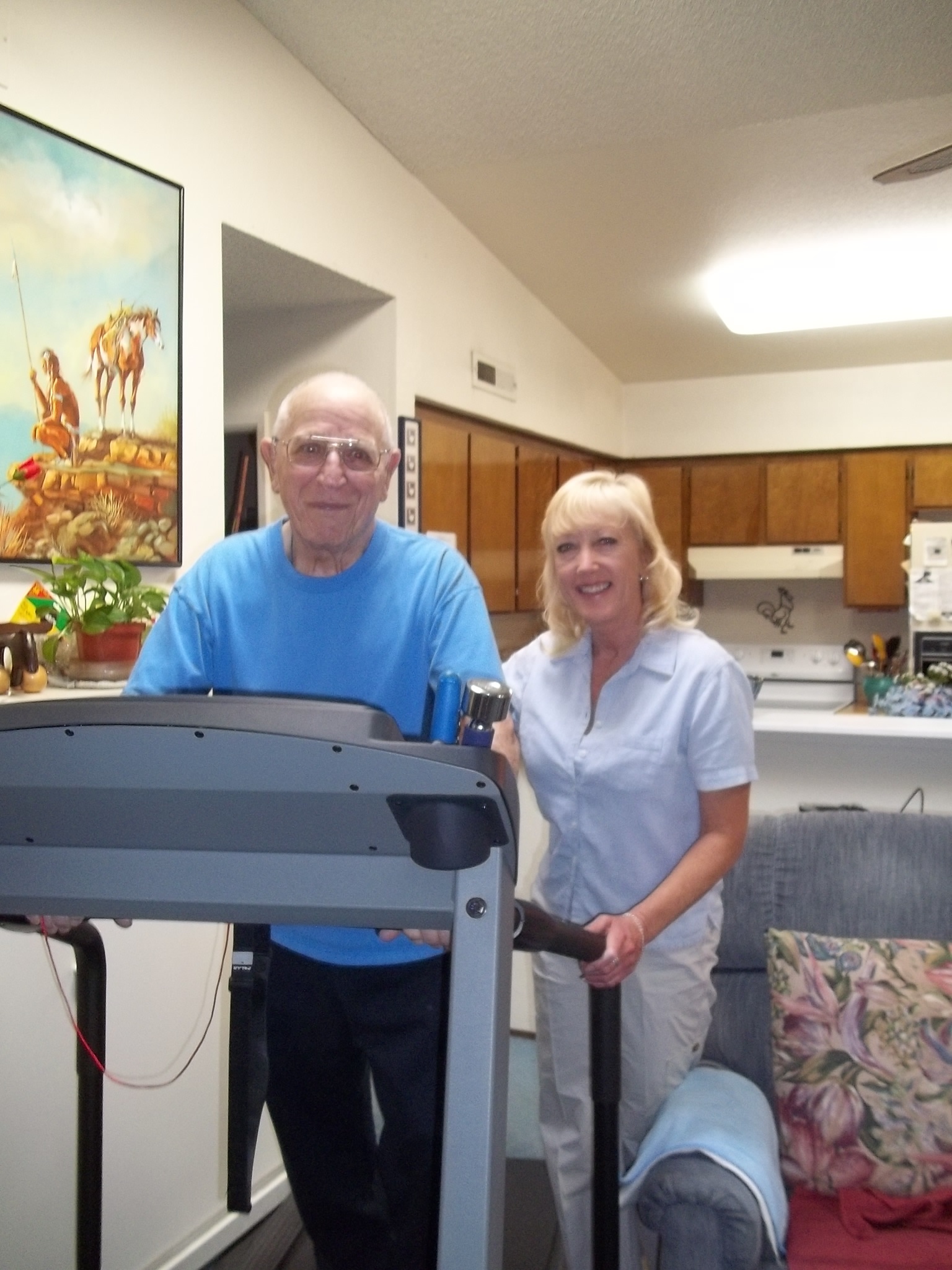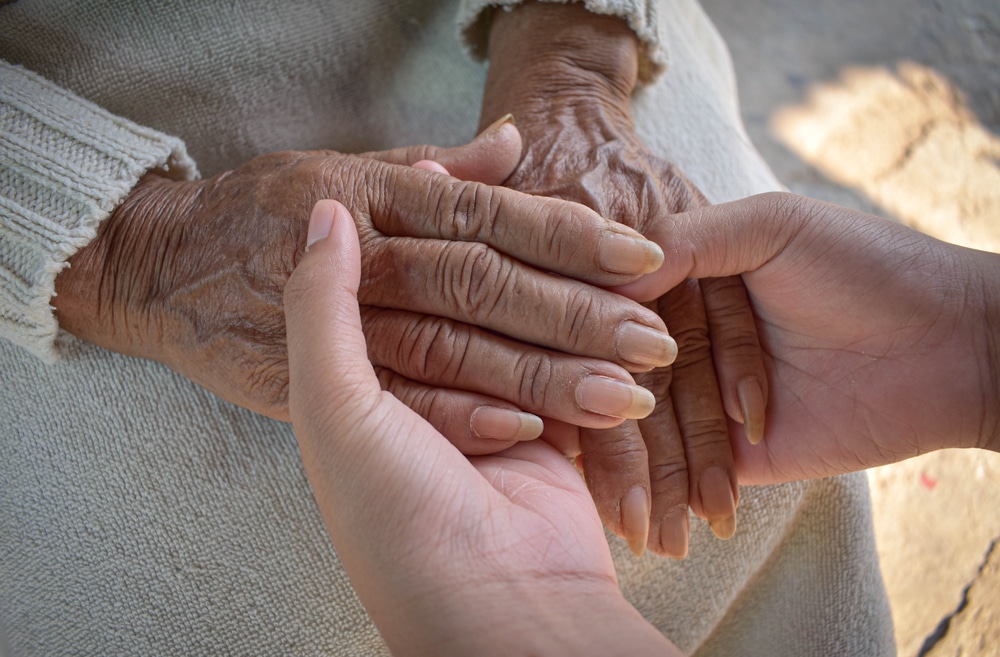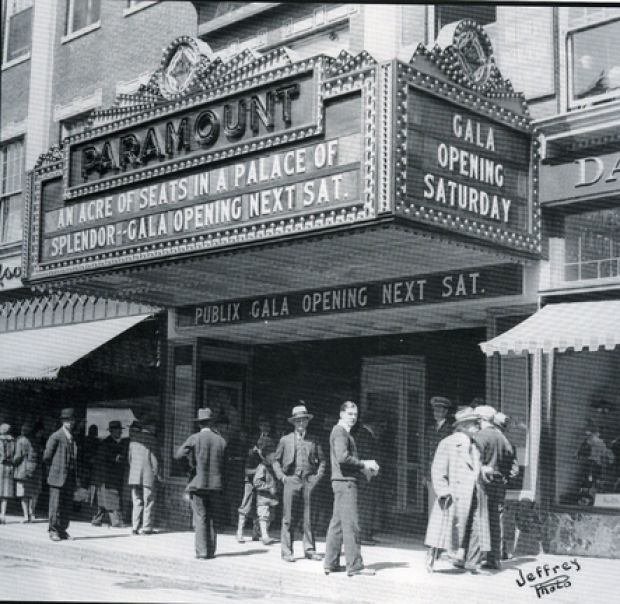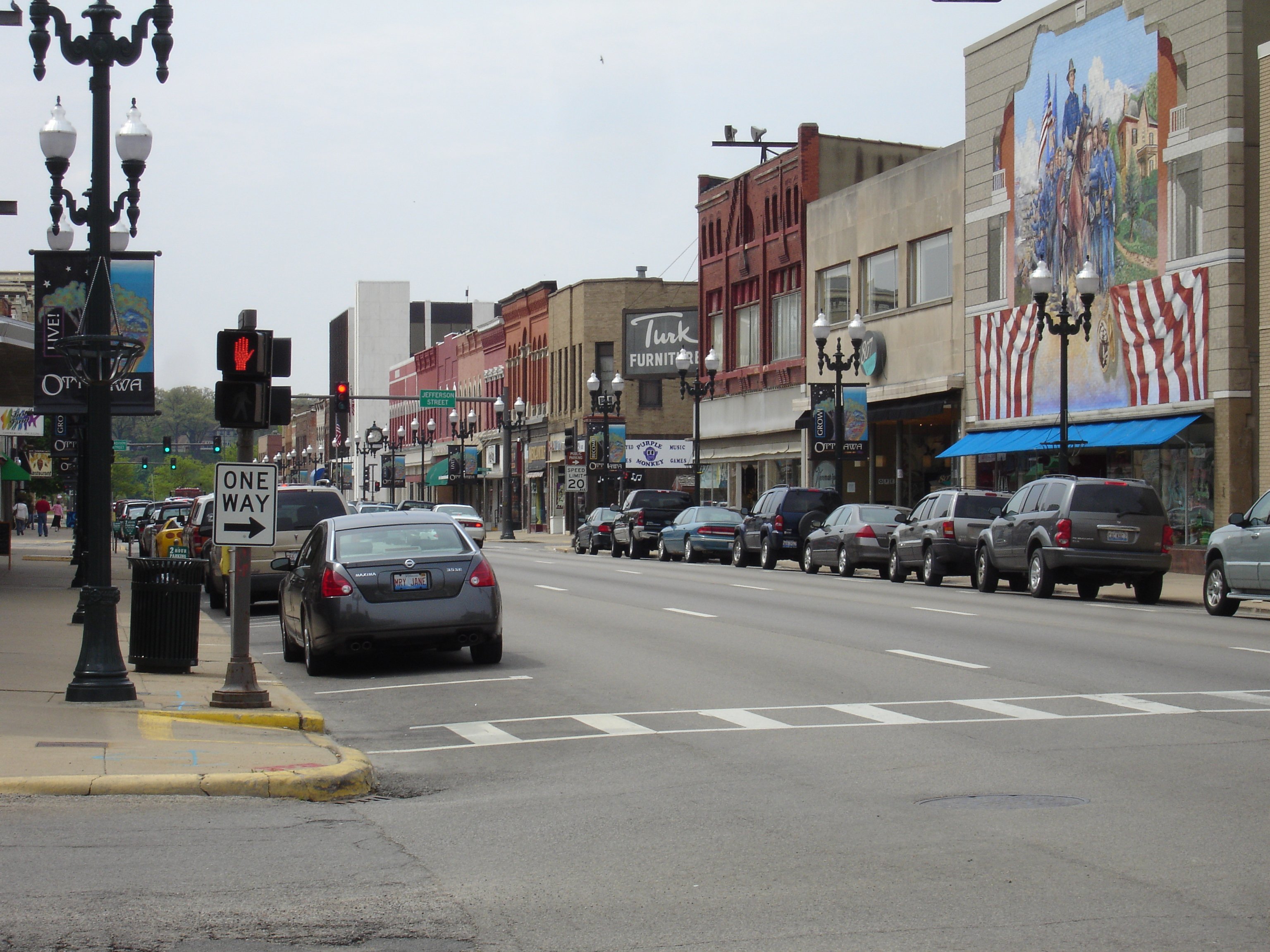Table of Content
Hospice care allows patients and families to decide to a large degree what level of care they want. You can choose to receive services from one hospice discipline or from all hospice disciplines, such as nursing, social work, chaplain, home health aide, volunteers, music therapy, and others. Your care team will be a caring, respectful, understanding partner in the hospice journey. They are there to help take care of your loved one, not to take over. They will look to you for guidance and at the same time have the answers you need.

Once a patient is a part of the hospice program, the care team will be in contact with the patient’s physician to discuss medical history, symptoms, and life expectancy. When the time comes to start considering hospice care, we’re here to help you explore all of your options and will be with you and your loved ones every step of the way. We understand the complex feelings this time of life brings, and will support you physically, emotionally and spiritually, keeping your comfort in mind. For more information on the care we can provide for you and your family, visit us here. Unlike other medical services, hospice care is interdisciplinary.
End-of-life changes at the time of death
Not only can you visit a dying friend, but both of you will be better for it. Individual members of the team will coordinate and schedule regular visits. Some will visit daily, while others will visit weekly, when requested or as needed. On January 1, 2020, Lower Cape Fear Hospice formally changed its name to Lower Cape Fear LifeCare to better represent the spectrum of care and support they provide those in our community. They can provide companionship for the patient and support for the family by way of respite, running errands, and other tasks.
Understanding what hospice care is and how it can help your family can be the first step in coming to terms with your loved ones illness. Hospice exists to offer comfort instead of a treatment for your loved one. The team will also be there to answer any questions the family has and offer support and counseling for those close to the patient. Hospice can be the best solution for both the patient and the family members in an extremely difficult time.
Related to Palliative Care
If you’re contemplating hospice care, we’ve put together this simple guide about what you can expect to help you feel more confident and prepared. You’ll want to ask the hospice what’s the role of your own doctor once care begins and whether the same nurse will visit during the week. Short-term care in a facility during times when the patient’s caregiver needs a break in caregiving. 10 Facts About Hospice These are some of the most important facts you should know about hospice care.
Our inpatient hospice care centers also offer respite care for families as provided for by the Medicare Hospice Benefit. Aside from the comfort, company, and freedom of choices offered through hospice home care, many benefits are offered to assist with planning for the future. Let’s talk about what to expect with hospice home care in terms of forward-thinking. Many patients choose home hospice care particularly so they can be present for special occasions and holidays. If that’s a choice your family is considering now, know that there is a compassionate team here to help be your guide. It’s distressing to see someone you love grow confused or agitated.
Your Hospice Care at Home Team Develops an Individualized Plan of Care
You can stay in hospice beyond that time if your doctor and the team decide you still have only a short time to live. We’ve all seen it on TV — an elderly patient lies, barely conscious, in their bedroom as their family cries over them. While many families have seen this portrayed on television, this is a myth about hospice home care. There is the added benefit of emotional and spiritual support for them and their family members and loved ones.

Our team is ready to help families gather and prepare end-of-life documents and funeral arrangements. Planning for the future can help patients to feel at ease and be able to relax during this time. Additionally, by crafting a custom plan of care for each patient, they can look forward to the experience of care at home and family time.
Why Understand Hospice Care?
VITAS is here to provide comfort and assist with bereavement once your loved one has passed. With the expertise and experience of our interdisciplinary care team members, we offer empathic support to family members and other loved ones. The death of a loved one is a trying time for families and caregivers. At VITAS Healthcare, our role is to provide the tools for those who are closest to patients to be prepared for this time. We support families and caregivers in gaining a clearer understanding of what happens when someone dies in hospice. A hospice registered nurse will initially meet with you to evaluate your circumstances and assist you.
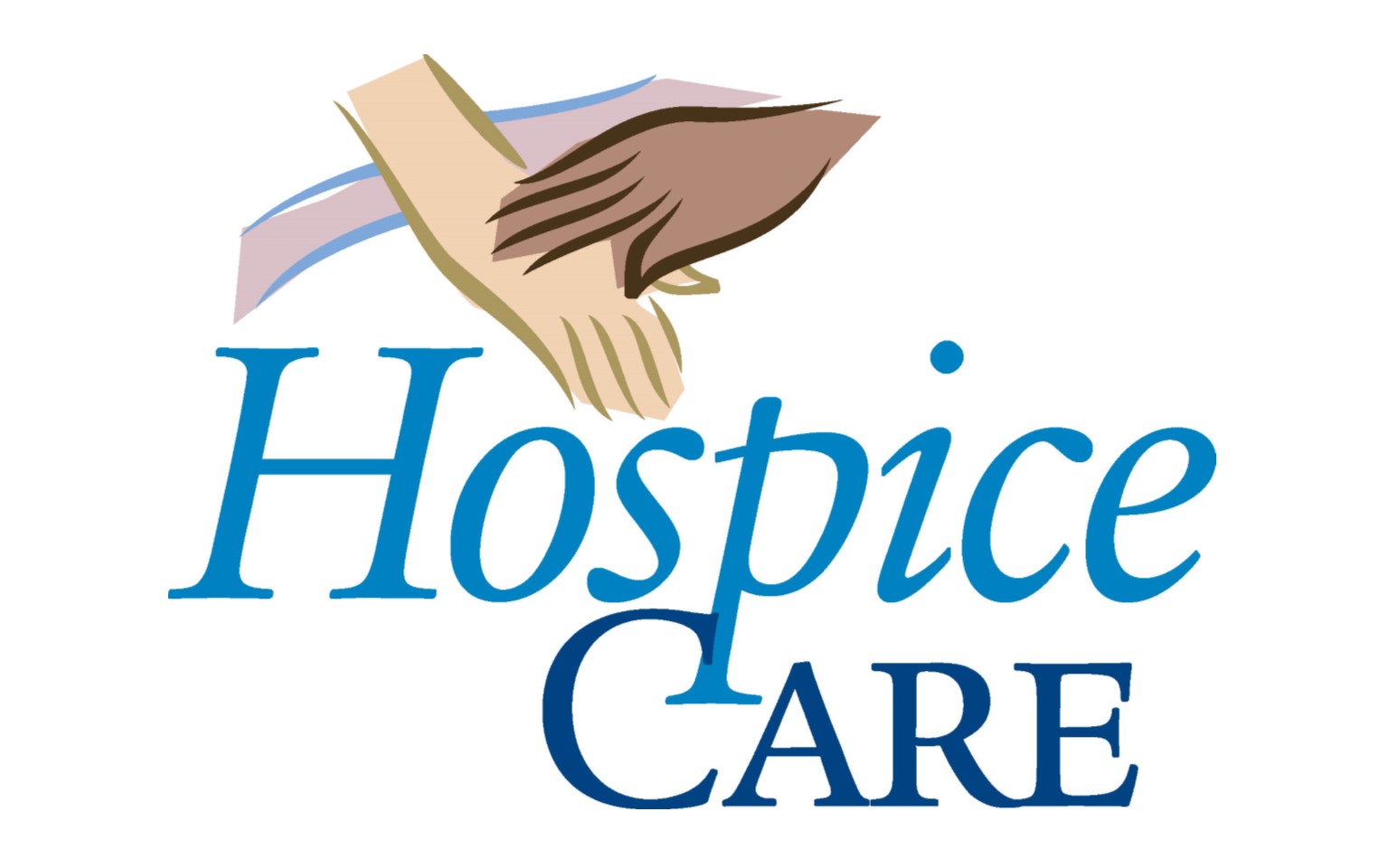
They may feel a sense of loss if they can no longer participate in life as they once did. The care team works with patients and other healthcare providers to help alleviate anxiety and grief. Individuals suffering from a serious illness often experience illness-related symptoms as well as side effects of treatment. Palliative care uses a team of medical professionals to find ways to relieve these symptoms.
This can be stressful, but the staff works hard to make this shift to hospice care as comfortable as possible. They will build a care plan with your goals and objectives in mind, and staff will visit on a routine basis as per your requests, based on your requirements and desires. Your caregiver will also ensure you have all of the drugs, equipment, and resources you need to treat your conditions and remain at home. Best of all, the patient and family are at the center of the hospice team. The hospice team looks to you to share important information so they can provide the best possible care.
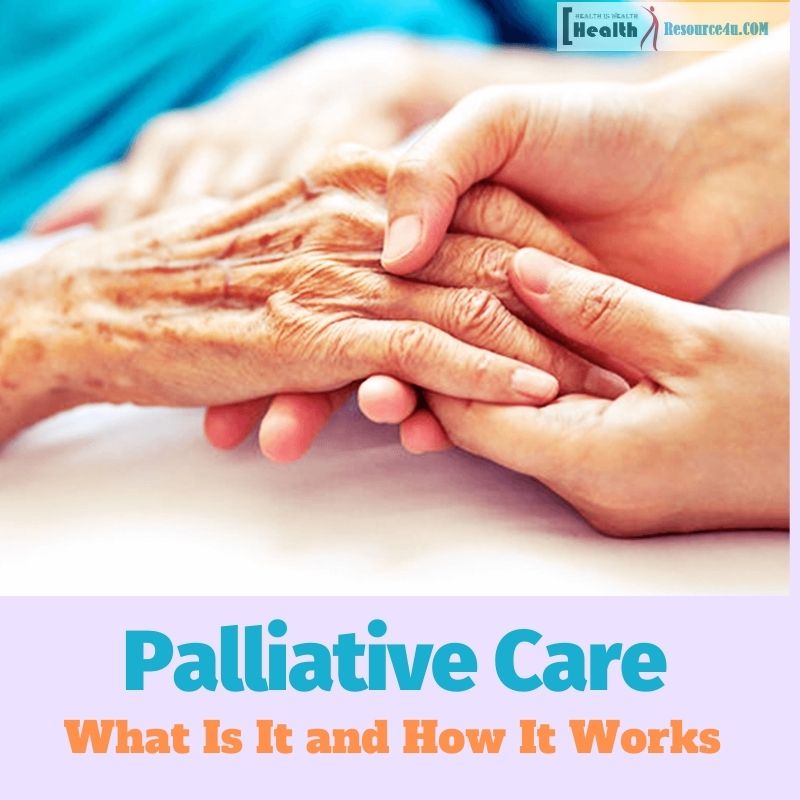
Their goal is to make living with a serious illness as stress-free as possible. One of the most meaningful aspects of hospice is how the team works with the whole family. Hospice helps family caregivers with respite and grief counseling while offering the dying loved one compassionate, hands-on care. Also, the caregiver is typically there to administer medications, offer the patient a bath, and take care of other tasks that may be difficult for a loved one to manage. “It’s not 24-hour care, which I think people get confused about sometimes,” says Dr. Landsman.
Prescott adds that hospice benefits do not include medical services or medications to reverse the disease. If you have provided care for a long time and have watched the gradual decline of the person you love, you’ve probably become worn down. If your loved one died suddenly, you likely went through a period of shock and stress. In either case, you’re probably depleted—physically, mentally, emotionally, and spiritually. Advance directives map out a patient's wishes regarding the care they would like to receive as they reach the end of their life. Advance directives are important not only prior to death, but after as well.
Hospice care has the common misconception of giving up on your loved ones, but that is not the truth. Hospice care is intended for those whose health providers recognize that he or she will die in the next six months. Hospice works to provide your loved one with pain relief and solace from the comfort of their own home. As time went on, Charles’s pain increased and taking care of him at home on their own became very complicated. His family worried that they were not doing everything they could to make him as comfortable as possible. After Charles’s daughter called the hospice, a nurse came to their home to talk about how hospice could help them take care of Charles.
For example, if your kidneys are failing, you might choose the hospice program rather than continuing with dialysis. But you can still change your mind, stop hospice care, and start back on treatments. Other people may get better unexpectedly and quit the service with the option of returning later. But the service simply focuses on the quality of your life instead of trying to cure a disease.
